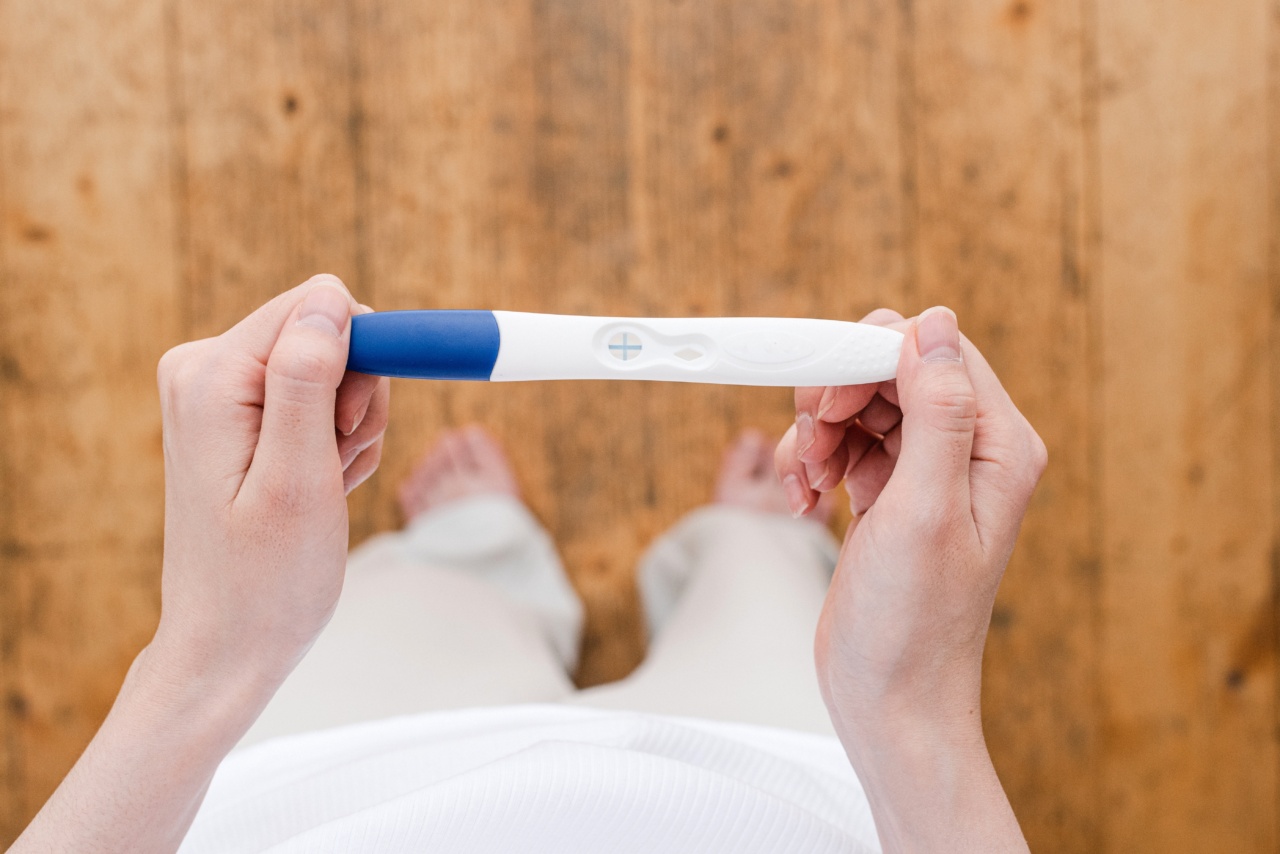Pregnancy tests are an essential tool for women who suspect they may be pregnant.
These tests have become increasingly accurate over the years, but can they still give false results? In this article, we will explore the various factors that can contribute to false positive or false negative results. Understanding these factors can help women make informed decisions and reduce the likelihood of incorrect test outcomes.
Types of Pregnancy Tests
There are two main types of pregnancy tests available: urine tests and blood tests. The most common and convenient test is the urine test, which can be easily performed at home using a test kit.
On the other hand, blood tests are typically conducted at a healthcare provider’s office and can detect pregnancy earlier than urine tests.
False Positive Results
A false positive result indicates that the test has incorrectly identified a woman as pregnant when she is not. While these instances are rare, they can still happen due to several reasons:.
-
Chemical Pregnancy
A chemical pregnancy occurs when a fertilized egg implants in the uterus but fails to develop further. This can lead to a positive pregnancy test followed by a sudden loss of pregnancy.
These early miscarriages often go unnoticed, with women assuming they simply had a late period.
-
Medication or Medical Conditions
Some medications, such as those containing hCG (human chorionic gonadotropin) or LH (luteinizing hormone), can interfere with pregnancy tests and cause false positive results.
Additionally, certain medical conditions such as ovarian cysts or tumors can produce hormones that trigger a positive test.
-
Recent Pregnancy or Miscarriage
If a woman has recently been pregnant or had a miscarriage, it is possible for residual hCG to be present in her body. This leftover hormone can lead to a positive test even though she is no longer pregnant.
False Negative Results
A false negative result indicates that the test has incorrectly determined a woman is not pregnant when she actually is. False negatives can occur due to various factors:.
-
Testing Too Early
At the early stages of pregnancy, hCG levels may not be high enough to be detected by a test. Testing too early can result in a false negative.
It is recommended to wait at least a week after a missed period before taking a pregnancy test to increase accuracy.
-
Diluted Urine
Using excessively diluted urine can impact the sensitivity of the test. This can occur when a woman drinks large amounts of fluids before testing, leading to a false negative result.
It is advisable to use the first-morning urine, as it generally contains a higher concentration of hCG.
-
Expired or Faulty Test
If a pregnancy test is expired or has been stored improperly, it may not provide accurate results. Additionally, faulty tests, although rare, can give false negatives. It is essential to check the expiration date and follow the instructions carefully.
Ensuring Accuracy
To minimize the chances of false results, it is essential to follow the instructions provided with the pregnancy test kit. Additionally, consider the following tips:.
-
Confirm with a Healthcare Provider
If you receive a positive result at home, it is advisable to confirm the pregnancy with a healthcare provider. They can perform a more accurate blood test to confirm the results.
-
Retesting after a Few Days
If you have received a negative result but still suspect you may be pregnant, wait a few days and take another test. When hCG levels increase, the chances of getting an accurate result also improve.
-
Seek Medical Advice
If you consistently receive inconsistent results or your period does not arrive despite negative tests, it is important to consult a healthcare professional. They can help determine underlying causes and conduct further tests if necessary.
Conclusion
Pregnancy tests are generally accurate, but false results can still occur due to various factors.
False positives can be caused by chemical pregnancies, certain medications, or medical conditions, while false negatives can result from testing too early or using diluted urine. Taking the necessary precautions, following instructions, and seeking medical advice when in doubt can help ensure accurate results. Remember, in cases of persistent uncertainty, it is always best to consult with a healthcare professional.































